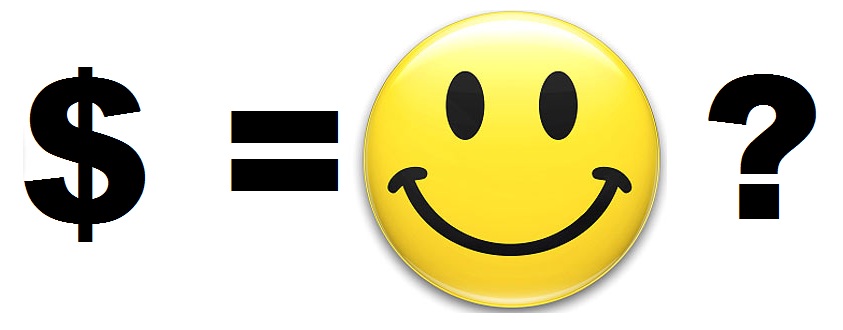Money can buy happiness, if those purchases fit your personality, says a study, adding it may be strongly linked to greater life satisfaction than your total income and total spending.
According to researchers, spending money on products that help us express who we are as individuals could turn out to be as important to our well-being as finding the right job, the right neighbourhood or even the right friends and partners.
“Historically, studies had found a weak relationship between money and overall well-being,” said Joe Gladstone from the University of Cambridge in Britain.
“Our study breaks new ground by mining actual bank-transaction data and demonstrating that spending can increase our happiness when it is spent on goods and services that fit our personalities and so meet our psychological needs,” Gladstone said in the study that published in the journal Psychological Science.
The study was conducted at Cambridge Judge Business School and the Psychology Department of Cambridge University in collaboration with a Britain-based multinational bank. It was based on 76,863 transactions of 625 participants over a six-month period.
The study matched spending categories on the widely recognised “Big Five” personality traits — openness to experience (artistic versus traditional), conscientiousness (self-controlled vs easygoing), extraversion (outgoing vs reserved), agreeableness (compassionate vs competitive), and neuroticism (prone to stress vs stable).
The researchers then compared the participants’ actual purchases to their personalities using this scale, and found that people generally spent more money on products that match their personality.
For instance, a highly extrovert person will spent more on “pub nights” than an introvert.
Similarly, a highly conscientious person will spent more on “health and fitness” than a person low in conscientiousness.
The finding showed that those who bought products that more closely matched their personalities reported higher satisfaction with their lives, and this effect was stronger than that of their total income or total spending.
feature image: psychologytoday.com

